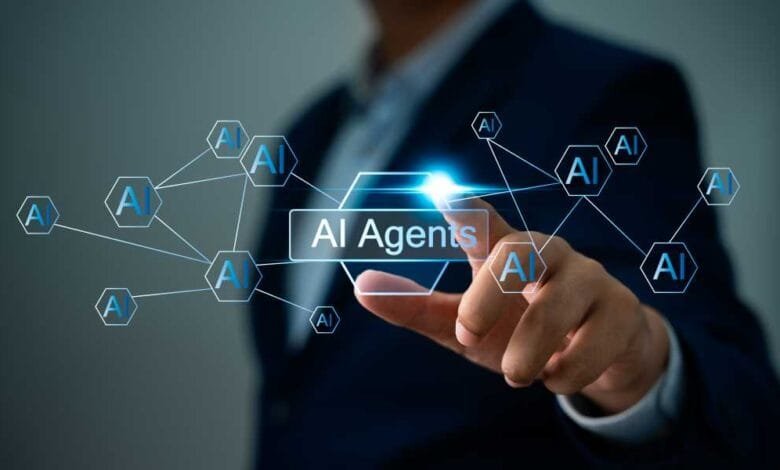Agentic AI’s Role in Transforming Software Engineering

▼ Summary
– AI-powered coding agents are now widely available and being used across the software development life cycle.
– InfoWorld recently highlighted 12 of the best coding agents, sparking industry interest.
– Readers are concerned about how these AI agents will affect their careers in software engineering.
– Smart Answers, a generative AI tool, clarifies it is not designed to replace human workers.
– By 2027, agentic AI tools are expected to reshape software engineering roles, requiring new workflows and skills.
The rise of AI-powered coding agents is reshaping the software engineering landscape, offering new tools that streamline development processes while raising important questions about the future of tech careers. These intelligent assistants are no longer theoretical, they’re actively integrated into workflows, automating tasks and enhancing productivity across the entire software development lifecycle.
Recent discussions have highlighted a dozen standout examples, sparking curiosity about how these advancements will influence professional trajectories. While some worry about job displacement, the reality is more nuanced. Agentic AI isn’t here to replace engineers but to augment their capabilities, demanding adaptability and new skills. Industry insights suggest that by 2027, these tools will fundamentally alter how software is built, pushing professionals to refine their expertise in collaboration with AI.
The shift isn’t about elimination, it’s about transformation. Engineers who embrace these tools will find themselves at an advantage, leveraging AI to tackle complex problems faster while focusing on higher-level design and innovation. The key lies in viewing AI as a partner rather than a threat, ensuring careers evolve alongside technological progress. Mastery of these systems, combined with traditional coding prowess, will define the next generation of software development.
For those prepared to adapt, the future looks promising. The integration of agentic AI into engineering workflows promises efficiency gains and creative opportunities, provided professionals stay ahead of the curve. The message is clear: adaptability and continuous learning will separate the leaders from the laggards in this new era of software development.
(Source: Computer World)





